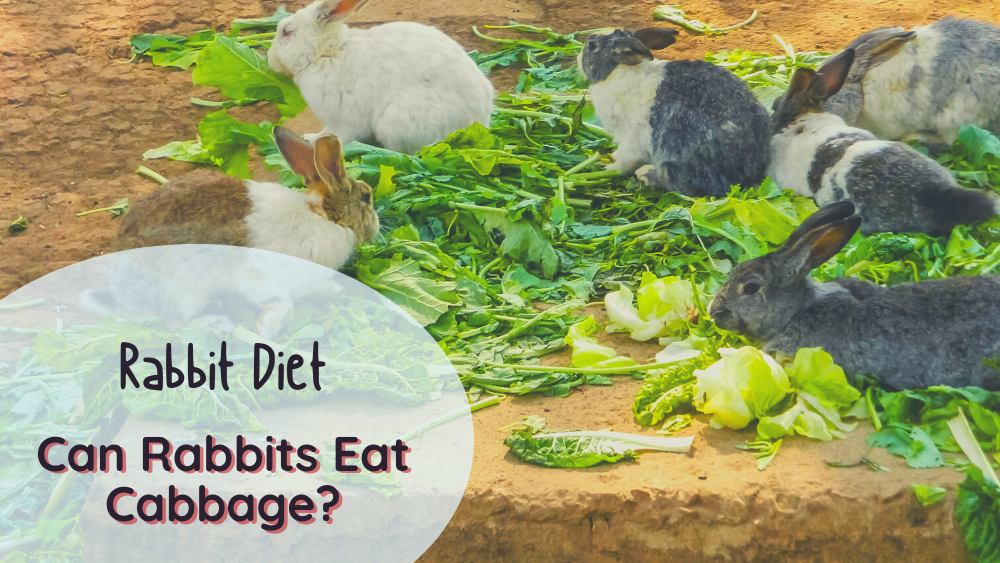The question of “can rabbits eat cabbage?” is one of the more confusing issues in rabbit nutrition. Many longtime rabbit keepers will quip, “Cabbage causes bloat and rabbits can’t pass gas, so rabbits can’t have cabbage.”
But is this the whole story? There are also lots of stories of people feeding cabbage to their rabbits without any ill effects. Surely, if cabbage was toxic for rabbits then these anecdotes wouldn’t exist.
I’ve been keeping rabbits since 2001. I always avoided cabbage for my rabbits, thinking it was better to be safe than sorry.
But I decided to dig into the research and try to find an evidence-based answer to the question of “is cabbage safe for rabbits?”
In this article, I’ll share my discoveries and answer your questions related to:
- How much cabbage can a rabbit eat?
- Do cruciferous vegetables affect thyroid health in rabbits?
- Does cabbage cause bloat?
- Is there a nutritional benefit in feeding cabbage to pet bunnies?
- What forms of cabbage are best for rabbits?
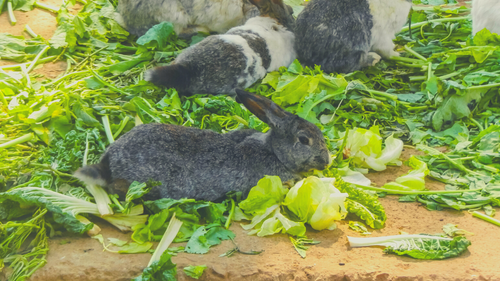
Can Rabbits Eat Cabbage?
Research shows that rabbits can eat cabbage in small to moderate amounts. It contains twice as much fiber as lettuce and is a good source of vitamin C and vitamin K.
However, a bunny that eats way too much cabbage may suffer from painful gas, GI stasis, or thyroid dysfunction – all serious issues.
The Cabbage Controversy
There are several reputable resources, such as the University of California Agriculture and Natural Resources booklet on keeping rabbits, that make the claim that you should not feed rabbits cabbage because it “causes gas.”
But they don’t offer any further explanation or sources for this claim.
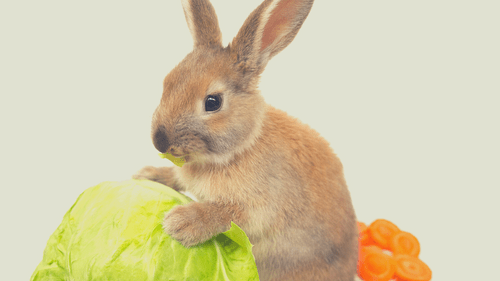
On the other hand, you can find lots of pet websites – whether reliable or not – claiming that it’s fine and dandy for a bunny to chow down on a big plate of brassicas.
So which is it? Does cabbage cause bloat (which is very dangerous for rabbits) or is it a healthy food source?
Is Cabbage Bad for Bunnies Because it Causes Bloat?
Let’s look at the claim that cabbage causes bloat in rabbits and so should be avoided. While people use the terms “bloat” and “gas” interchangeably, these are actually two separate things.
What is Bloat in Rabbits?
Gastric bloat happens in rabbits when the small intestine fills with gas and fluids from fermenting foods that cannot be digested. Rabbits are unable to vomit, so if they cannot pass the gas or fluids through the rectum, bloat can quickly become life-threatening.
Bloat is caused by a blockage of the GI tract. The blockage is most commonly caused by a combination of hair and food that has been ingested by the rabbit, forming a small ball called a trichobezoar.
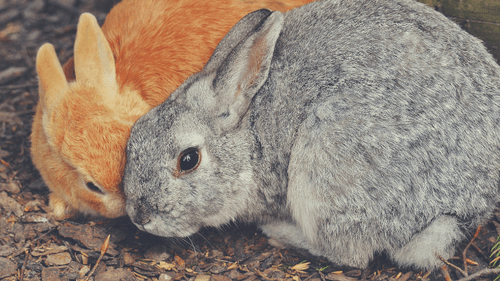
Signs of bloat include a lack of appetite, reluctance to move, sitting in a hunched position, and a swollen and painful abdomen. If your rabbit shows any signs of being sick, it is important to get them to your nearest rabbit vet as quickly as possible.
So does cabbage cause bloat? Not exactly. Since rabbits can digest most elements in cabbage, it won’t cause an actual blockage of the digestive system by itself.
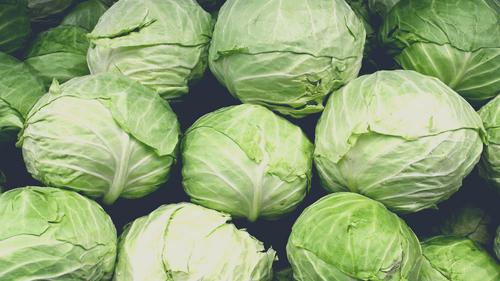
However, cabbage contains raffinose, a carbohydrate that is difficult to digest. This means that cabbage can complicate a blockage that is already forming. And cabbage can cause gas, which will lead to bloating problems more quickly if there is any sort of other obstruction in the GI tract.
For this reason, it’s best to avoid cabbage when your rabbit is molting and at risk of forming a hairball in its stomach.
Does Cabbage Cause Gas in Rabbits?
Vegetables in the brassica family (including cabbage, broccoli, cauliflower, and kale) cause gas in humans because they have sulfur-containing chemicals called glucosinolates. As these chemicals are digested by the bacteria in the gut, they break down into hydrogen sulfite – or smelly gas.
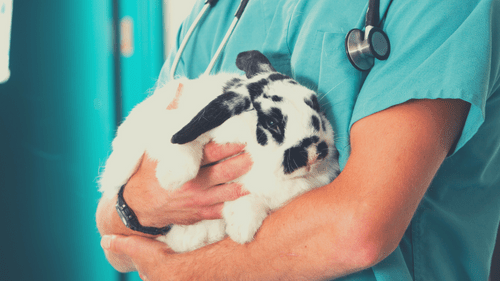
We don’t have specific research on whether or not the same thing happens in rabbits, but it’s safe to assume that it’s likely the case.
Can rabbits fart?
There’s a common myth that’s often used for arguing against feeding cabbage to rabbits. That is the claim that rabbits cannot pass gas. Obviously, if rabbits can’t eliminate the gas building up in their GI tracts, then consuming cabbage would pose a serious risk to bunnies.
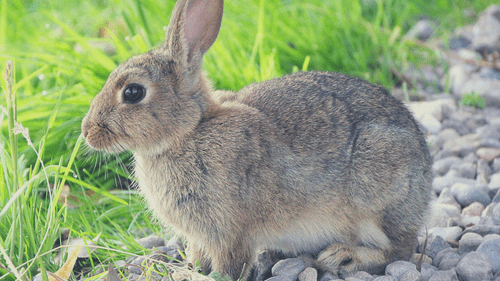
However, while it’s true that rabbits can’t vomit, rabbits can actually fart. They can pass the gas in their intestines, but they are probably not very efficient at it.
So until you know how your rabbit handles eating brassicas, it’s better to avoid large quantities of food, like cabbage, that can cause gas.
Is Cabbage Bad for Rabbits’ Thyroids?
You may have heard that individuals with thyroid disease should avoid cruciferous veggies such as cabbage, broccoli, and brussels sprouts because they contain goitrogens.
In rabbits, high levels of goitrogens can interfere with iodine utilization and thyroid function, according to Nutrition of the Rabbit, 2nd Edition by deBlas and Wiseman.
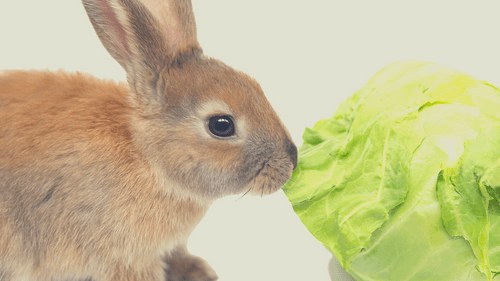
The 10th edition of Rabbit Production, by Lukefahr, et al, 2022, describes an instance where laboratory rabbits were fed a diet of raw cabbage and developed a thyroid disease called goiter. (In fact, this is how goitrogens were discovered!)
However, in this study, rabbits were fed nothing but raw cabbage. If your rabbit’s diet is primarily hay, and you add cruciferous vegetables as a supplement, it’s very unlikely that they would cause thyroid disease.
Rabbit Production goes on to state that “Moderate amounts of cabbage or other greens will not cause problems.”
Cabbage is Safe for Most Rabbits in Moderate Amounts
As we’ve seen, the current research indicates that cabbage is safe for most rabbits to eat in moderate amounts. As with any new food, you must introduce cabbage slowly to your rabbit to see if it agrees with his individual digestive flora.
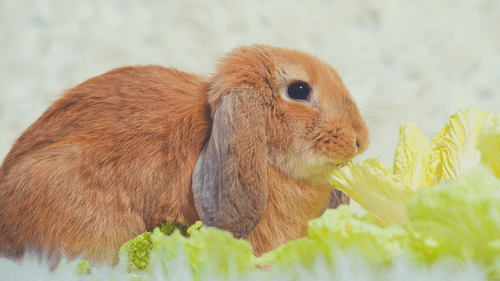
Cabbage is not poisonous for rabbits. Issues with raw cabbage only occur when it makes up a very large part of a rabbit’s diet.
How Much Cabbage can Rabbits Have?
When it comes to feeding cabbage, what does a “moderate amount” mean exactly?
A good diet for rabbits is 80% hay and 15% vegetables.
If your rabbit is used to eating brassicas already, then you can include a couple of cabbage leaves in his diet a few times a week. Give him less cabbage if you are also feeding lots of other cruciferous vegetables, like brussels sprouts and broccoli.
Which Veggies are called “Cruciferous Vegetables”?
The following vegetables are all in the brassica family, and are referred to as “cruciferous vegetables.” While all of them contain compounds that can cause gas in rabbits, each of these veggies has its own nutritional profile. When planning a menu for your pet, take all of the different nutritional values of these veggies into consideration.
- Arugula
- Bok Choy
- Broccoli
- Broccoli Rabe
- Brussels Sprouts
- Cabbage (all kinds)
- Cauliflower
- Chinese Broccoli
- Kale
- Kohlrabi
- Mizuna
- Mustard
- Radish Greens
- Tatsoi
- Watercress
Can Rabbits Eat Red Cabbage? Which Cabbage is Best for Rabbits?
Cabbage comes in many different forms. Napa, savoy, white, and red cabbage are some of the more common varieties.
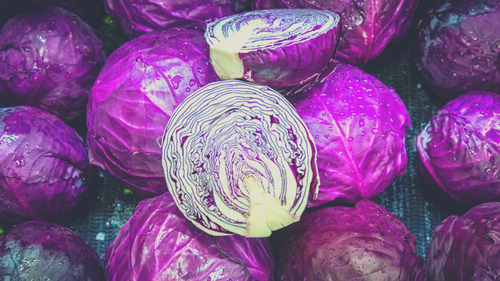
While red cabbage has higher antioxidant content than its white counterparts, all varieties of cabbage can be healthy for bunnies.
Can Rabbits Eat Cabbage Leaves?
Yes, rabbits can eat cabbage leaves. In fact, every part of the cabbage plant is edible for rabbits. Bunnies can safely eat cabbage leaves, stems, flowers, and even cabbage microgreens.
Benefits of Feeding Your Rabbit Cabbage
All cabbage is low in carbohydrate, high in fiber, and contains beneficial nutrients like vitamin A, vitamin B6, folate, zinc, and calcium.
Here are a few nutritional highlights that make it a healthy snack for rabbits:
Cabbage is Low Oxalate
As we describe in our article on “What can rabbits not eat,” you should avoid a diet for your pet rabbit that is high in oxalic acid. The TL;DR is that high oxalate and high calcium foods can cause kidney problems in rabbits.
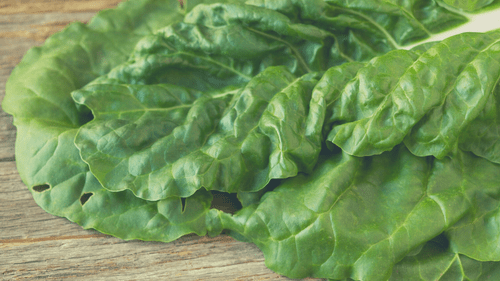
While many cruciferous veggies such as collard greens are high in oxalic acid, cabbage is actually a low oxalate food. In fact, it hardly contains any oxalic acid at all!
Cabbage is High Fiber
Most rabbit owners know that a high-fiber diet is critical to maintaining rabbit health. But did you know that cabbage is a great high-fiber addition to a hay-based diet?
Cabbage contains twice the amount of fiber as lettuce! One leaf of cabbage (15g) contains 0.4 grams of dietary fiber, compared to 0.2 grams of fiber in 15g of lettuce.
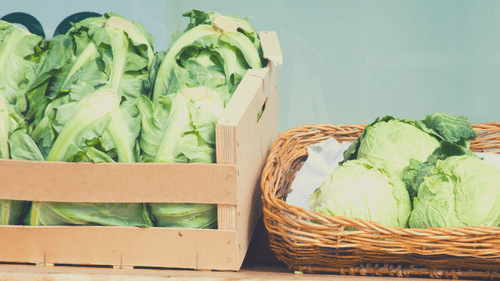
Cabbage has Low Pesticides
Every year the Environmental Working Group publishes a list of 15 common vegetables that contain the lowest amounts of pesticides and other concerning chemicals. Cabbage consistently makes that list.
About 86% of cabbages that the EWG tested showed no pesticide residue at all, and less than 1% showed residue of more than one pesticide.
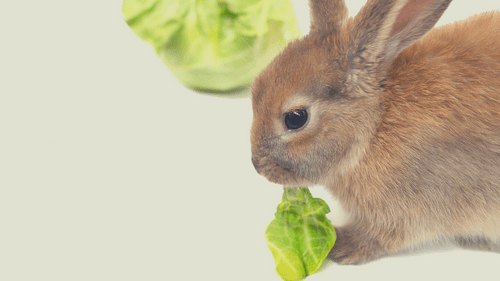
While we generally recommend buying organic vegetables for your pet rabbit, cabbage is one of the safest choices among conventionally-grown produce. In most areas, conventionally grown cabbage costs less than a dollar a pound, making cabbage a very economical addition to your rabbit’s diet.
Conclusion
Although there are a lot of myths surrounding feeding cabbage to rabbits, this member of the brassica family is actually safe for bunnies to eat. Cabbage is not toxic to rabbits, and if fed in small quantities as part of a high-fiber diet, most rabbits won’t have a problem passing gas it may cause. Since cabbage is high in fiber, high in vitamins, and low in pesticides and oxalic acid, it can actually be a healthy treat for pet bunnies.
If you still have questions about “can rabbits eat cabbage,” please let us know in the comments!


